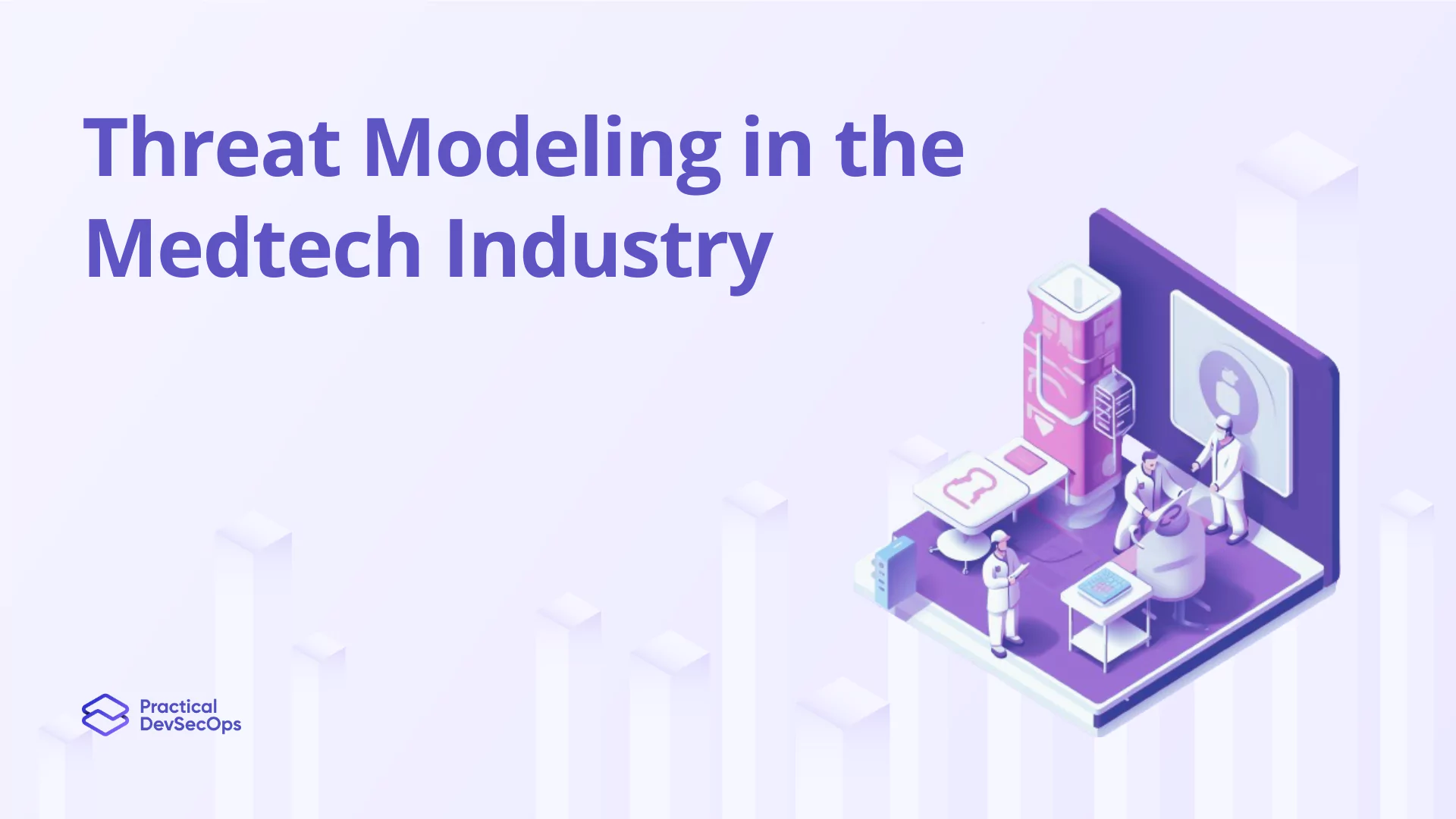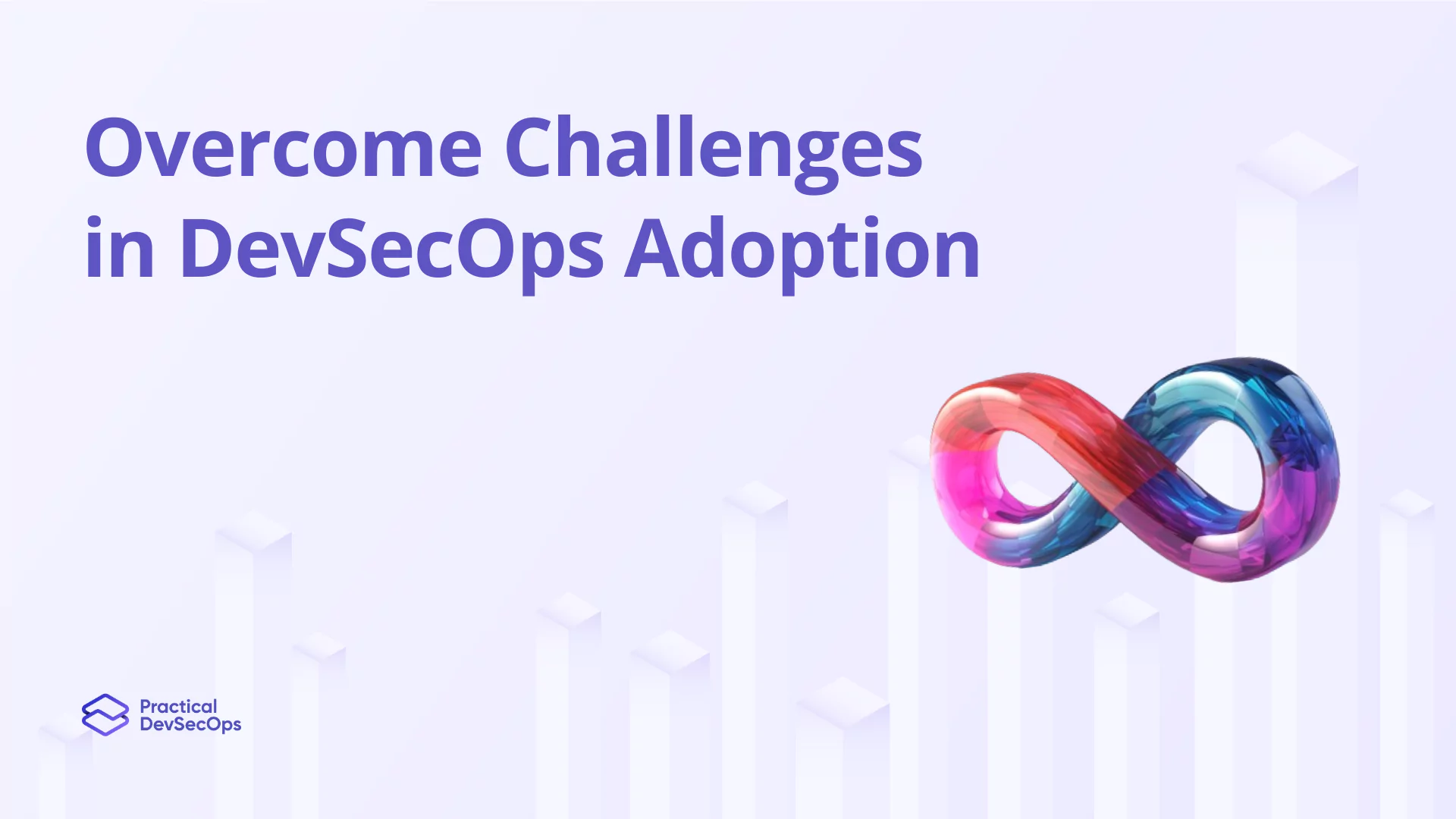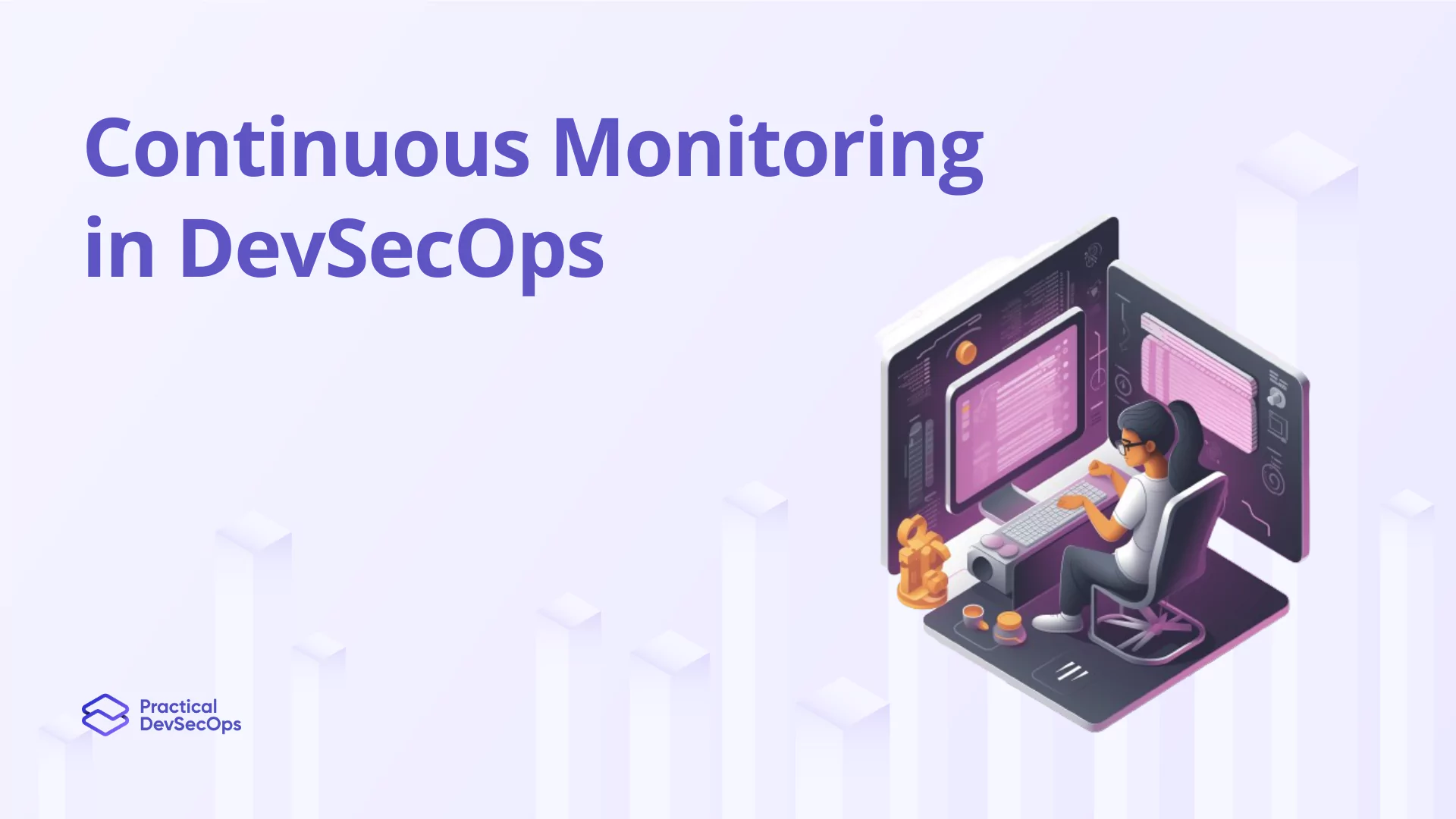DevSecOps bridges the traditionally separate domains of development, operations, and security to create secure, high-quality software quickly and efficiently. With many organizations adopting DevSecOps practices, there has never been a better time to start learning DevSecOps. This article will outline some steps and resources to help you get started.
Step 1: Understand the Fundamentals
The first step to learning DevSecOps is to understand the fundamentals. Learning about agile development principles, software development methodologies, and security is essential. Some valuable resources for getting started with DevSecOps include:
- Practical DevSecOps has all the essential resources, learning paths, and training for individuals looking to advance their careers in DevSecOps.
- If you are a beginner in DevSecOps, you can use this comprehensive collection of DevSecOps Learning Resources like books, tutorials, infographics, tools, and more.
- Practical DevSecOps also offers certifications for individuals seeking industry recognition in DevSecOps. The Certified DevSecOps Professional and Certified DevSecOps Expert courses are well-known industry certifications that validate core knowledge and practical expertise in DevSecOps.
Compare the Best DevSecOps Certifications here…
Step 2: Gain Hands-On Experience
The second step is to gain hands-on experience by working with DevSecOps tools and incorporating them into your workflow. Some tools that you can work with include:
- GitLab: GitLab is a web-based Git-repository manager that provides continuous integration and deployment in a unified DevSecOps workflow. Check GitLab’s DevSecOps tools for an example of how DevSecOps practices can be embedded into your workflow.
- Jenkins: Jenkins is an open-source automation tool that can help you integrate multiple DevSecOps tools into your development pipeline. Check out Jenkins’s list of DevSecOps plugins to understand how automation tools can help you optimize and accelerate your DevSecOps process.
Also Read, DevSecOps with Jenkins
Step 3: Continuously Learn and Improve
Continuously learn and improve your skills in DevSecOps. DevSecOps constantly evolves, and new tools, technologies, and practices are continually emerging. It’s essential to keep up-to-date with these changes by reading industry blogs, following social media feeds, attending conferences, and networking with DevSecOps professionals.
Here is a learning path for individuals to understand DevSecOps better and advance their careers through self-paced learning tracks that integrate certification courses, tools, and real-world projects.
Conclusion: Your Journey to DevSecOps Begins Here
DevSecOps is one of the most valuable skills for IT & Security professionals, valued for its ability to bridge the gap between software development, operations, and security.
Practical DevSecOps offers an excellent Certified DevSecOps Professional (CDP) course with hands-on training through browser-based labs, 24/7 instructor support, and the best learning resources to upskill in DevSecOps.
Start your journey mastering DevSecOps today with Practical DevSecOps!






0 Comments